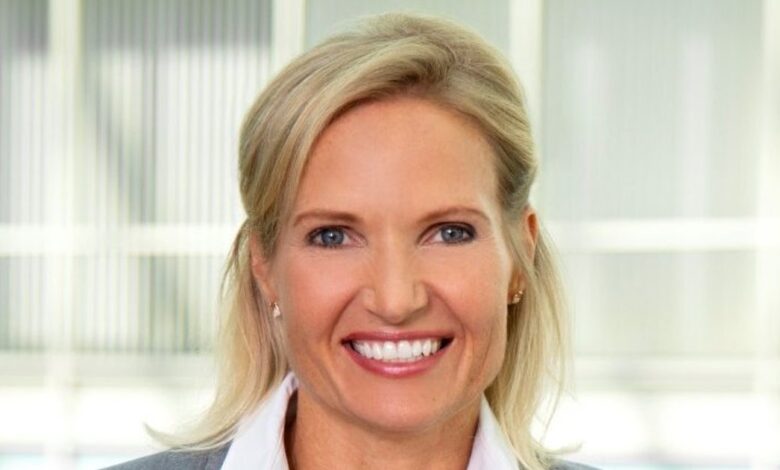Qlik’s Julie Kae: Leveraging Data to Improve Sustainability

What are some of the sustainability challenges businesses currently face when it comes to data analytics?
The challenge businesses face is that, as KPMG recently found, almost half of them are still using spreadsheets to manage their ESG data, and 61% noted that they have a high potential to improve data collection and integration.
Spreadsheets can be a convenient tool for basic data management, but they aren’t the best solution – especially when dealing with large amounts of data. They can encounter errors and version control problems – they lack advanced analytical capabilities and often require manual manipulation to get meaningful insights from their data.
They are also vulnerable to data breaches and unauthorised access, which is especially problematic for ESG data that often contains sensitive information.
All of that means that the way many businesses collect sustainability data can lead to data silos, a lack of governance and control, and inefficient and time-consuming processes. The result? It is difficult to get useful insights from the data and hard to report effectively on or make the most effective changes to sustainability strategies.
How can businesses best leverage data to build ESG strategies?
A great example of how businesses can use data more effectively in their ESG strategies comes from the UN – a long-time partner of Qlik.
The UN was attempting to measure its air travel carbon footprint, and the sustainability department downloaded SAP extracts and leveraged its carbon emissions calculator to measure it all in a spreadsheet. This was a manual process and took 20 people six months to complete. At the same time, the travel department was also pulling data from SAP and was using it for a Qlik dashboard to help manage air travel expenses. But the two departments operated in silo from each other.
This process was changed, meaning SAP data is now connected to the carbon emissions calculator. All that information is automatically pulled for analysis so the sustainability team can measure carbon footprint quickly and efficiently. Perhaps the best part is that with access to carbon footprint information, the travel team can now act on the data and book more sustainable travel to help reduce their environmental impact and meet their Sustainable Development Goals. So, you can see how better data management can lead to better sustainability strategies and decisions.
Why do businesses want to gain ESG data from silos – what are some of the benefits?
It is good business to get ESG data right. While ESG data is in silos, it’s impossible to make truly well-informed decisions about strategies and policies in the business, and it can also be impossible to report accurately on ESG across the whole company.
At best, this could mean that the most effective strategies aren’t in place. At worst, this could mean falling short of regulation and reporting incorrectly on a company’s sustainability performance, for example.
To see the benefits of having ESG data, businesses need to first build the right data foundation by effectively collecting, integrating, and delivering trusted data – not letting it reside in silos.
Once they have done that, they can use data analytics to take the trusted data and turn it into insights and action. Companies can make predictions and fast decisions based on all of the ESG information across the company that benefit not just their reporting efforts but their business overall.
How does Qlik harness data to boost its own sustainability?
Qlik has been on a path to net-zero on CO2 emissions since 2022, and we are always looking for ways to help our customers and partners do the same with solutions built using our technology.
In fact, we’re making sure our upcoming Qlik Connect event is carbon neutral – so we’ll use reusable materials, donate all leftover food and include CO2e emissions from the event in overall reduction. We have a non-profit programme where our technology supports organisations making big sustainability improvements to our world.



